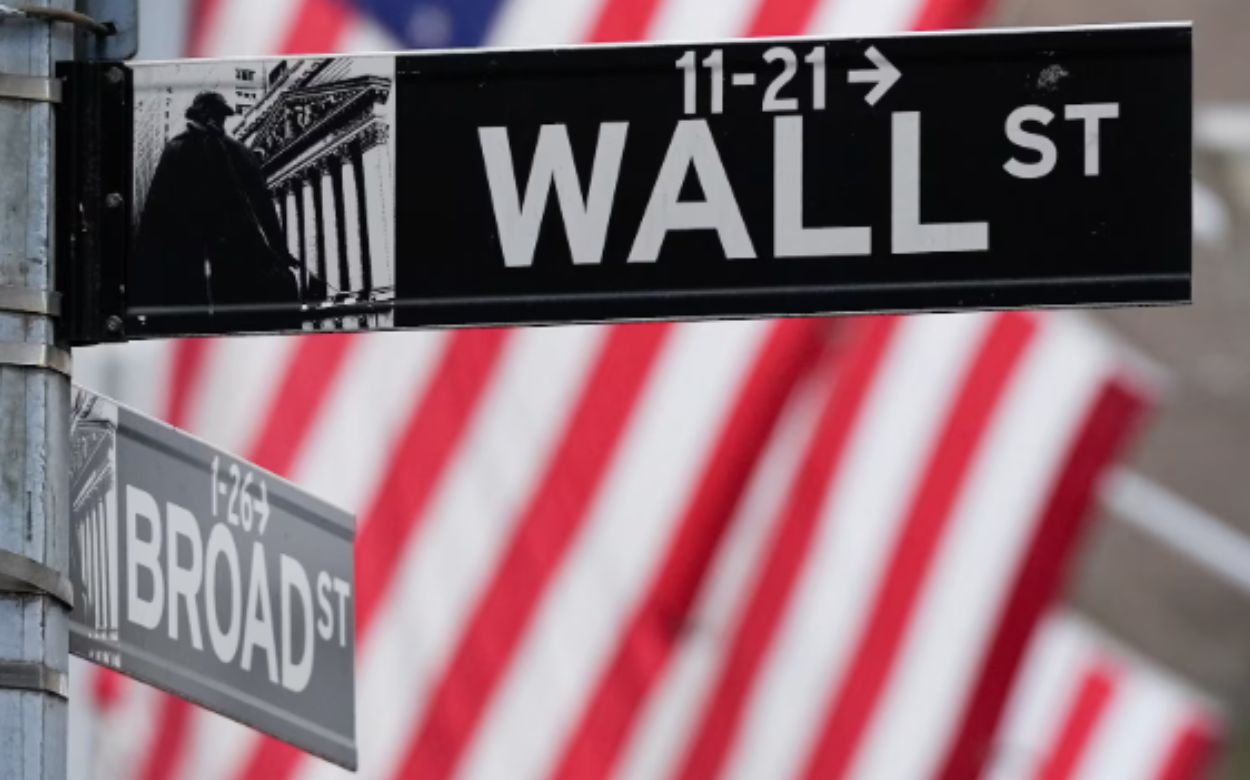The three main stock indexes finished higher on Tuesday, boosted by energy companies, as investors found cause to be optimistic about a trade deal between the United States and China after President Donald Trump deferred tariffs on Canada and Mexico.
On Tuesday, the United States imposed new 10% tariffs on Chinese imports, to which China responded with additional taxes on American goods. It was unclear when the country’s leaders would speak, and Trump claimed he was not in a rush. Energy stocks outperformed the S&P, climbing 2.18%, while utilities and consumer goods fell.
Over the weekend, Trump said he would apply a 25% tax on Mexican and Canadian imports, but on Monday, he agreed to a 30-day suspension in exchange for border and crime concessions from both nations.
“The president was so quick to offer Mexico and Canada a 30-day stay of execution, so you get the impression that maybe what he’s trying to do is embrace a quick declaration of victory that doesn’t change much from a trade standpoint,” said Sam Stovall, chief investment strategist at CFRA Research. “Investors have been breathing a sigh of relief today, and we’ll see if, a month from now, they can continue to breathe that sigh of relief.”
Strong corporate results have also boosted investor confidence. According to an S&P earnings scorecard, 76.8% of the 211 S&P 500 businesses that reported fourth-quarter results exceeded analyst estimates. Palantir stock rose 24% after the data analytics firm forecasted first-quarter and yearly revenue that exceeded Wall Street expectations.
Meanwhile, Alphabet’s stock jumped 2.6% ahead of its quarterly reports, but sales fell short of estimates after the close due to a cloud computing division downturn. The stock fell more than 7% in after-market trade. The Dow Jones Industrial Average climbed 134.13 points, or 0.30%, to 44,556.04, the S&P 500 gained 43.31 points, or 0.72%, to 6,037.88, and the Nasdaq Composite gained 262.06 points, or 1.35%, to 19,654.02. Three Federal Reserve members cautioned on Monday that trade tariffs posed inflation concerns, with one saying that uncertainty about the future of prices necessitated slower interest-rate decreases than usual. According to Labor Department data, job vacancies in the United States were 7.6 million in December, compared to a projected 8 million among economists surveyed by Reuters.

